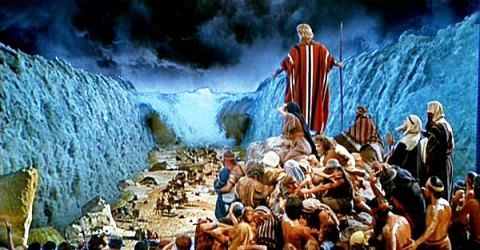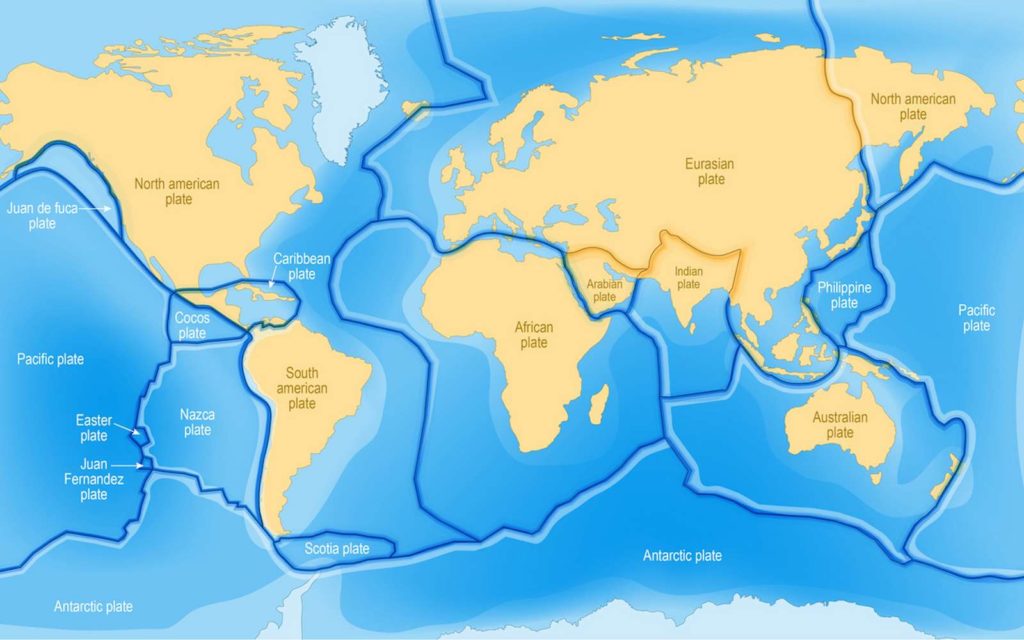The name Al-Aqsa, given to the mosque located on the Temple Mount in Jerusalem, means “The Farthest” in Arabic (أقصى). This name resonates not only geographically but also spiritually, as Al-Aqsa represents a distant sanctuary in the Islamic tradition. It’s from this site that the mythical Prophet Muhammad is said to have ascended to the heavens, marking it as one of the holiest places in Islam.

In a different corner of the world, Alaska is known as “The Last Frontier.” This nickname reflects the rugged, untouched landscapes and the frontier spirit that defines this 49th state of the United States. Interestingly, in Kabbalistic thought, the number 49 also symbolizes a boundary—representing the 49th of the 50 Gates of Binah (Understanding), which embodies a “final frontier” of spiritual comprehension.
Alaska
אלסקה
Gematria = 196
= gematria of « Yam Suf », the « Red Sea » that can also be read « Yam Sof », « Sea of the end » : the last frontier.
ים סוף

The connections between Al-Aqsa and Alaska go beyond mere symbolism. Both lands sit on tectonic boundaries, making earthquakes a frequent occurrence. Al-Aqsa has been destroyed or severely damaged about ten times since its construction.

Meanwhile, Alaska’s mountainous terrain and seismic activity place it among the most geologically active regions in the world. The region’s Mount Saint Elias, rising to 5,488 meters, symbolizes the awe-inspiring landscapes that dominate Alaska.

Alaska
אלסקה
Gematria (with the kolel) = 196+1 = 197
= gematria of the name of God « El Elyon » (« God Most High »)
אל עליון

The phonetic connection is also intriguing. When we study indo-european roots, we can see that a sound pattern featuring a vowel followed by the consonant “L,” as found in “EL”, “AL”, “IL”, etc. often implies something elevated or distant. In French, “He” and “She” are “Il” and “Elle”. This linguistic thread weaves through various languages and mythologies, tying the concepts of height, distance, and otherness to these names. In Hebrew, “Ilan” means “tree,” while “Alon” means “oak,” both symbols of strength and rootedness. Similarly, in Latin, “ille” refers to something far away. Greek mythology brings us Aeolus, the god of the winds, whose name also hints at the idea of height and distance. The name of the Aleutian Islands comes from “Aliat” (“Island” in Chukchi).

From the Alps to Mount Olympus, Mount Elbrus, and the Alpujarras, this “EL” / “Al” sound recurs in names associated with towering landscapes. In Micronesian mythology, Aluelap is the god of the sky, while in Marshallese, “Aelon” means “island,” and “Ilōñ” means “above.”

Thus, both Al-Aqsa and Alaska emerge as lands of extremity, borders between worlds, holding unique spiritual, linguistic, and geological significance. They are places that symbolize both the physical and metaphysical boundaries we encounter.

